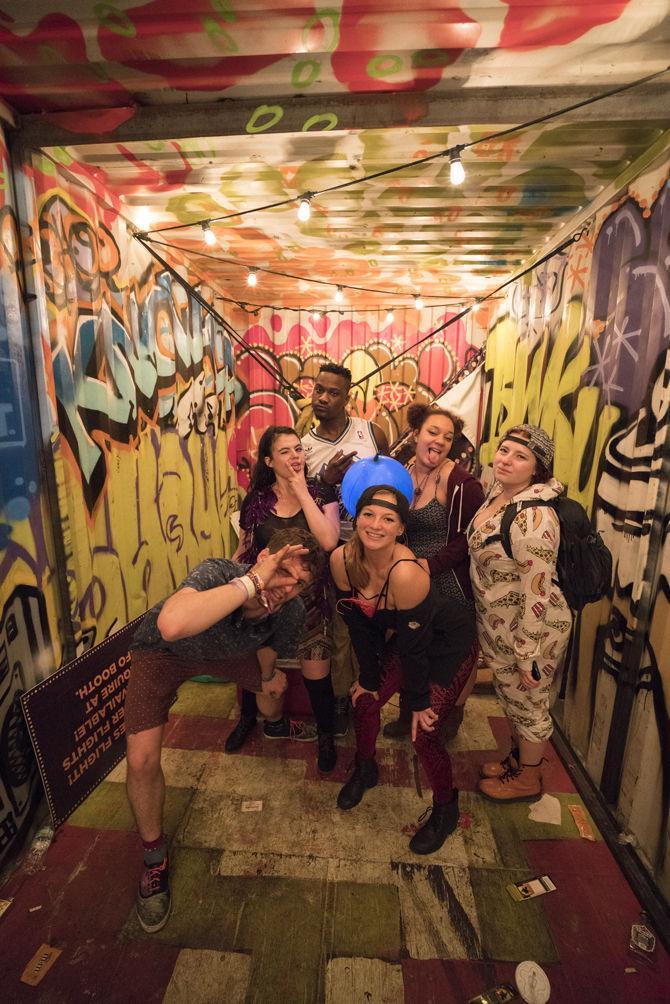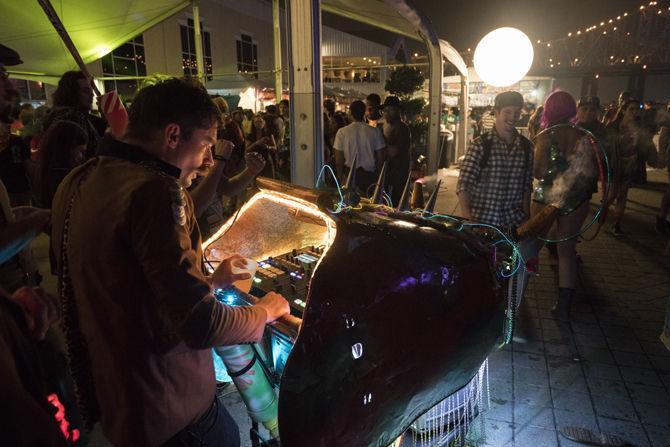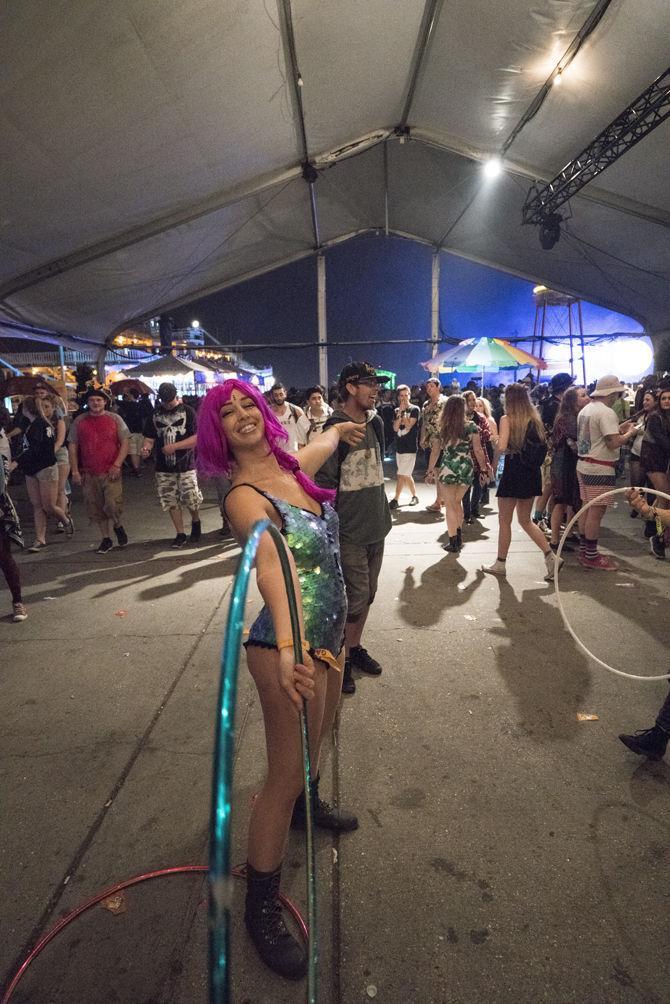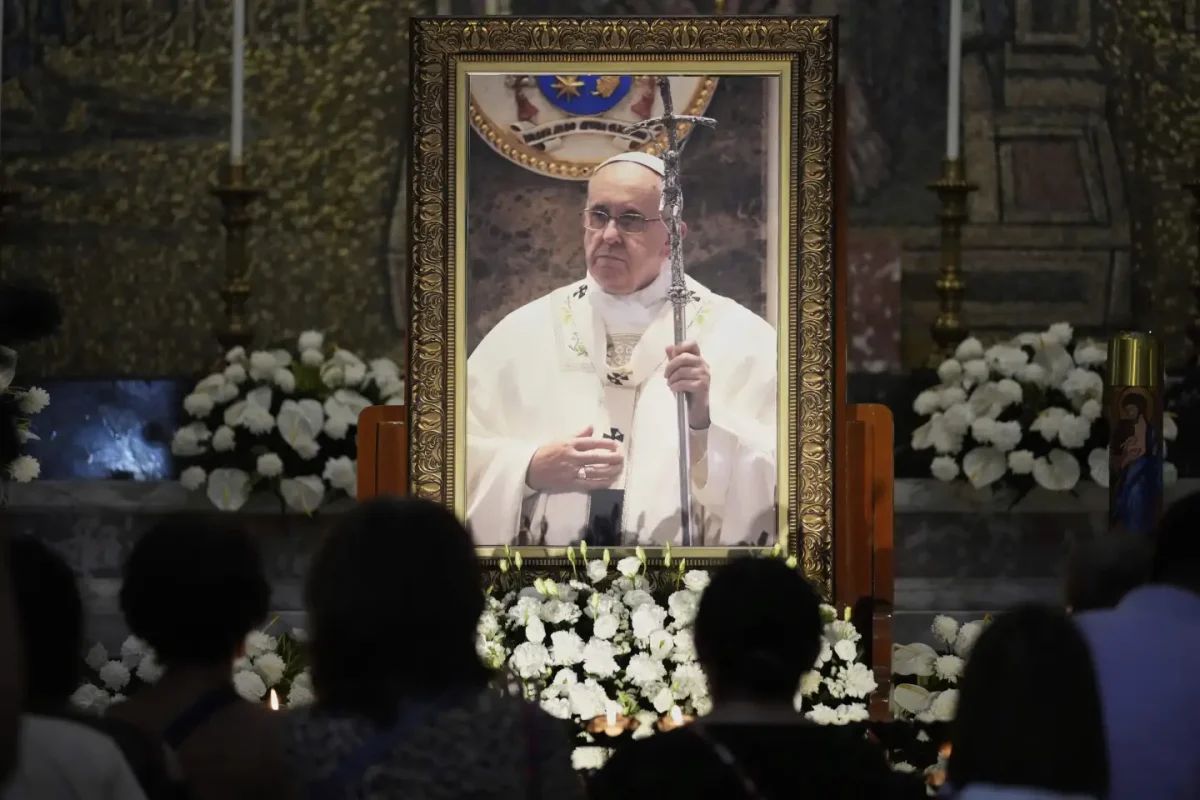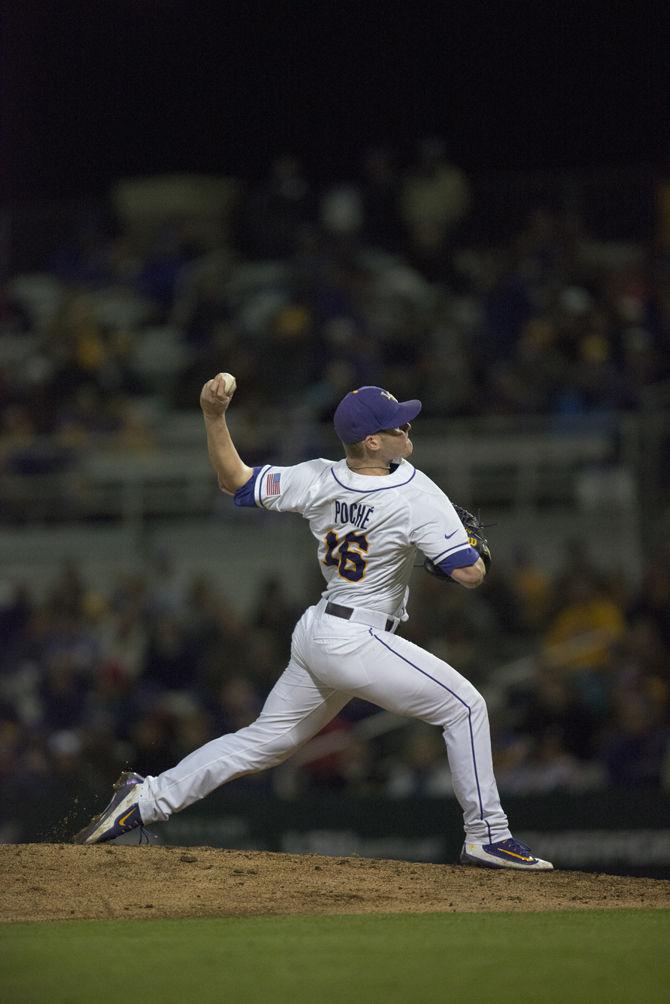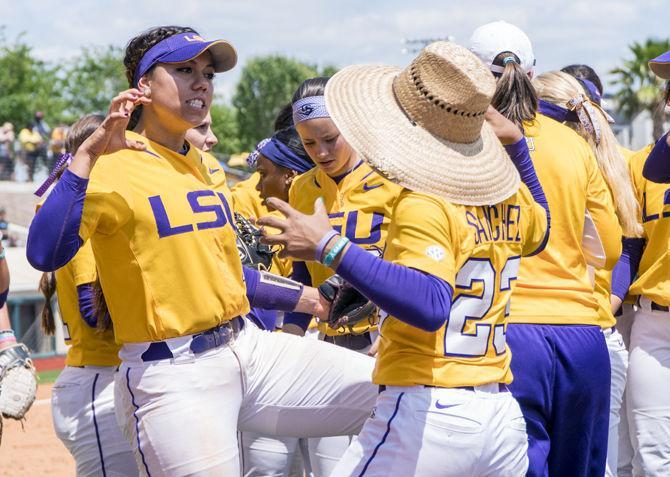The number of summer music festivals in America has exploded in the last decade, and New Orleans should continue to capitalize on this market.
The Napster and Limewire generation are finally coming to an age where “summer camp” means spending a couple nights in a far away land, gawking at light shows like the campfires in their youth.
Louisiana plays an important role in summer music festival season, thanks in part to former Lt. Gov. Jay Dardenne, R-La. He aided these festivals in expanding their advertising prowess, which attracted new festival goers.
Though he is no longer in that office, serving now as commissionary of administration, his support spilled over into this year, which helped BUKU, the unofficial opening to music-festival season, sell out.
During the current budget crisis, State Treasurer John Kennedy proposed undedicading a significant portion of the funds that allow the tourism industry to flourish. He has incited a false battle between higher ed and tourism.
If business tax credits are reigned in and wasteful spending is kept under control, all can continue to enjoy great music and prepare themselves for a better future.
Our music festivals bring in people and money from all around the world. And who can blame them? They are dope.
All the major music festivals — the French Quarter Fest, BUKU, Jazz Fest, Essence and Satchmo Summerfest — total 55.5 days of continuous music within a 20-day span. The Official Guide to New Orleans also notes this musical menagerie attracts an estimated 2.38 million people. These events pump almost $1 billion into the economy annually.
A conversation about Louisiana music festivals must include the grandaddy of them all: The New Orleans Jazz and Music Heritage Festival.
This festival appeals to those who have a matured music taste, seek legendary sets from legacy acts and take a laid-back approach to enjoying themselves.
BUKU, on the other hand, enchants a younger, more vivacious crowd with driving beats, spastic light shows and the dank space of Mardi Gras World.
The festival has only existed for the last four years. But, in such a short time, it burst out of its humble beginnings as a dorm room rumination into a full-fledged celebrity pop-up destination.
This year, for example, Instagram star and Miley Cyrus’ legal guardian @BaddieWinkle went. For anyone not hip, she’s a 87-year-old grandma who parties like speakeasies never died and is a true testament to the adage “age ain’t nothin but a number.”
Her appearance cemented BUKU into the national pop-culture lexicon and made it one of THE places for people to blow up social media with pictures of them and their friends having a blast #ListeningToSomeDopeTunes.
For those who need a bit more classic R&B and hip hop in their lives, the Essence Music Festival during the Fourth of July traffics heavily in that vein. Two years ago, Prince brought down the house with an epic performance featuring Janelle Monáe.
The three-day event also hosts empowerment sessions headlined by famous African-American thought and civic leaders speaking and educating attendees.
New Orleans is home to a music empire, and we need it to stay that way. Our state depends on it.
Garrett Hines is a 21-year-old political science senior from Monroe, Louisiana.
OPINION: Summer music festival economic impact great for state
March 16, 2016
Festival goers enjoy the second and last day of Buku Music + Art Project on Saturday, Mar. 12, 2016 at Mardi Gras World in New Orleans.
More to Discover



